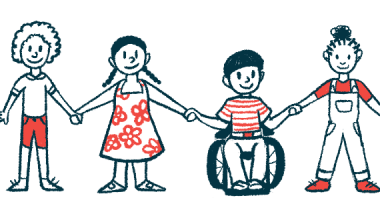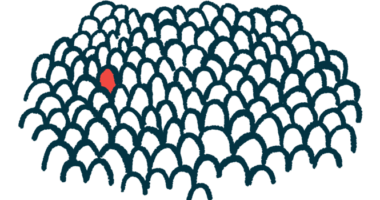Living With Dravet Syndrome
Schooling
Children with Dravet syndrome can experience developmental delays, with a slowing in development often beginning around age 2. Education can be affected, although the degree of development delay or difficulties varies, possibly depending on seizure frequency. These children may also miss a number of school days because of their illness. Providing them with extra support, such as tutoring or one-on-one aid in the classroom, can be helpful.
Sleep
Night-time seizures can be a common problem in children with Dravet syndrome, because the electrical activity in the brain changes in a way that can trigger seizures when a child is falling asleep or waking up. Patients may also experience difficulty sleeping, awakening too early, and have sleep apnea. Besides causing the child to be tired during the day, poor night-time sleep is considered a key trigger for seizures.
Ketogenic Diet
The ketogenic diet is a high-fat, low-carbohydrate, and limited protein diet developed by physicians to treat epilepsy. The exact mechanism by which the ketogenic diet helps reduce seizures in epilepsy and Dravet syndrome is not fully understood. However, scientists have several theories about the protective effects of ketone bodies in the brain.






